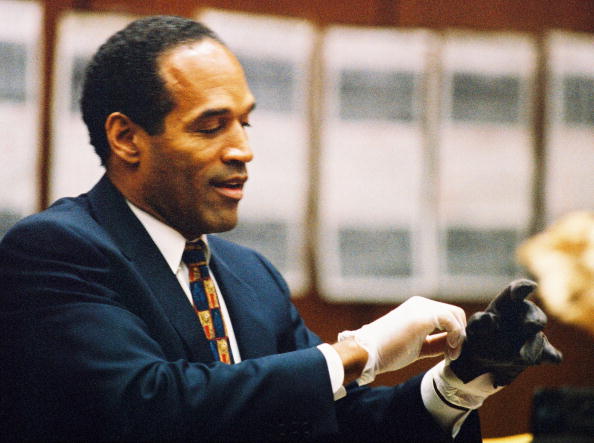From the South Florida Times:
Rhonda M. Smith has fought many battles.
Growing up in 1960s segregated Virginia, she was not allowed to sit in the same classroom with a white child until the third grade.
As an adult and career woman, she has gone through countless episodes of racism in the corporate world. That’s not to mention the daily psychological warfare that in her 48 years she has endured every day from facing the world with colored skin.
RELATED: Pink Ribbons For Black Women
But last May, Smith found out she had another enemy. Through a self-exam, she discovered an immovable lump on her right breast. The shocking diagnosis of Stage I breast cancer came a couple of weeks later.
Six months of emotional and physical strife followed, as the Miami resident had to use her own savings to undergo a lumpectomy and intense chemotherapy and radiation treatments.
Once the active treatment phase was over, the cancer-free Smith had yet another frightening scenario to fight.
“As a patient, you feel like all that you were doing up (until the end of treatment) protected you, but once treatment is over then you’re left to your own devices,” she said.
RELATED: Hampton University Awarded $1.3 Million For Breast Cancer Research
With a new perspective on life, she decided to give 100 percent to shaping her wellness during the painful soul-searching phase. She exercised and meditated daily, engaged in a mostly organic-based diet, and enlisted the help of a nutritionist and doctor of integrative medicine.
“Even though I learned to accept my vulnerability, I decided to be proactive about what I could still control,” Smith said.
She also partnered with a group of researchers at the University of Miami Sylvester Comprehensive Cancer Center. The group was awarded $4 million by the National Institutes of Health to investigate the plight of black breast cancer survivors.
The 5-year study, dubbed Project CARE, seeks to teach women how to cope, adapt, renew, and empower one another after treatment.
“We wanted to place ourselves at the time when women are experiencing the most distress,” said Suzanne Lechner, research assistant professor of psychiatry and psychology and principal investigator of the study. “The post-treatment phase is often a neglected time for survivors.”
















